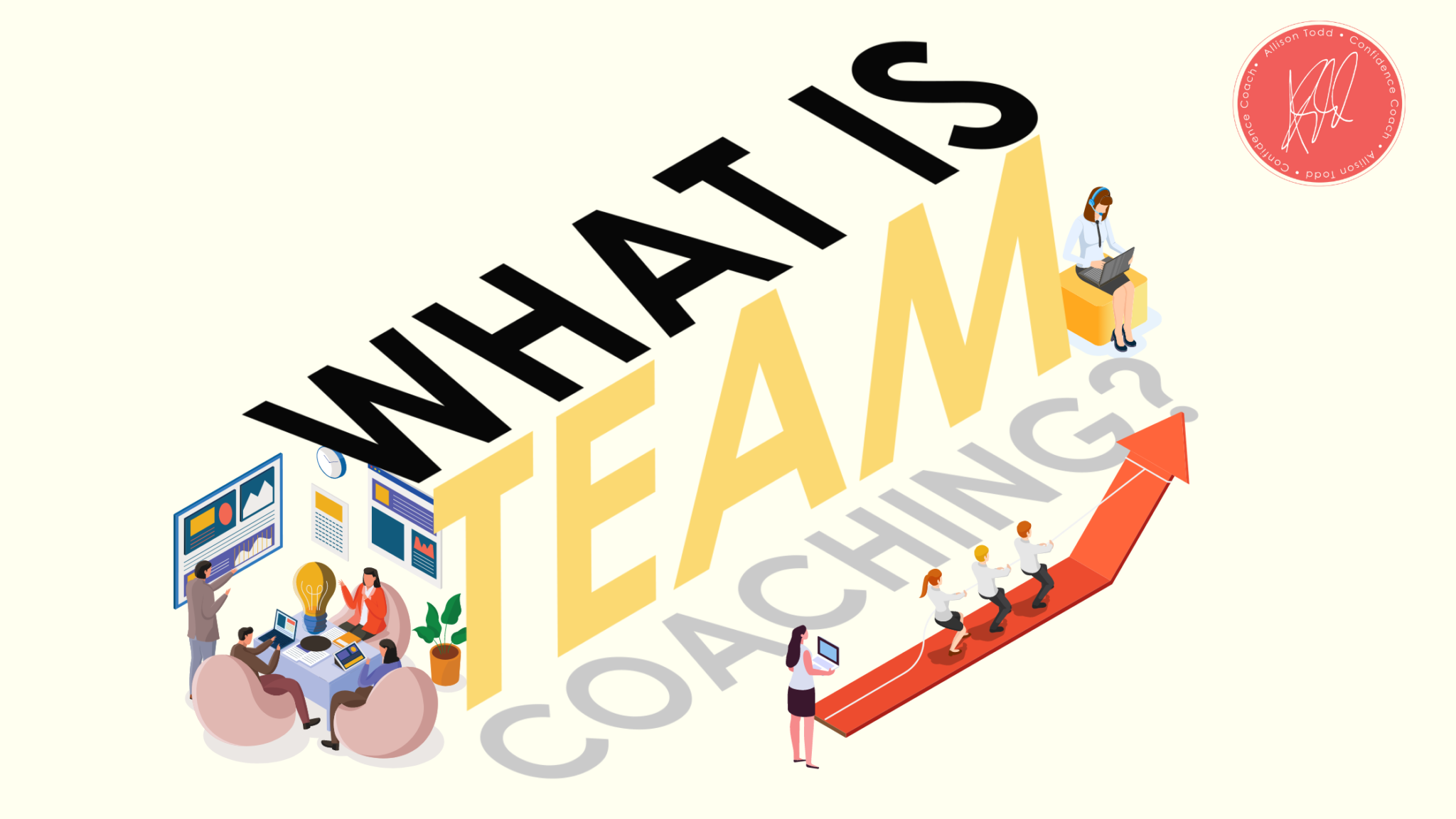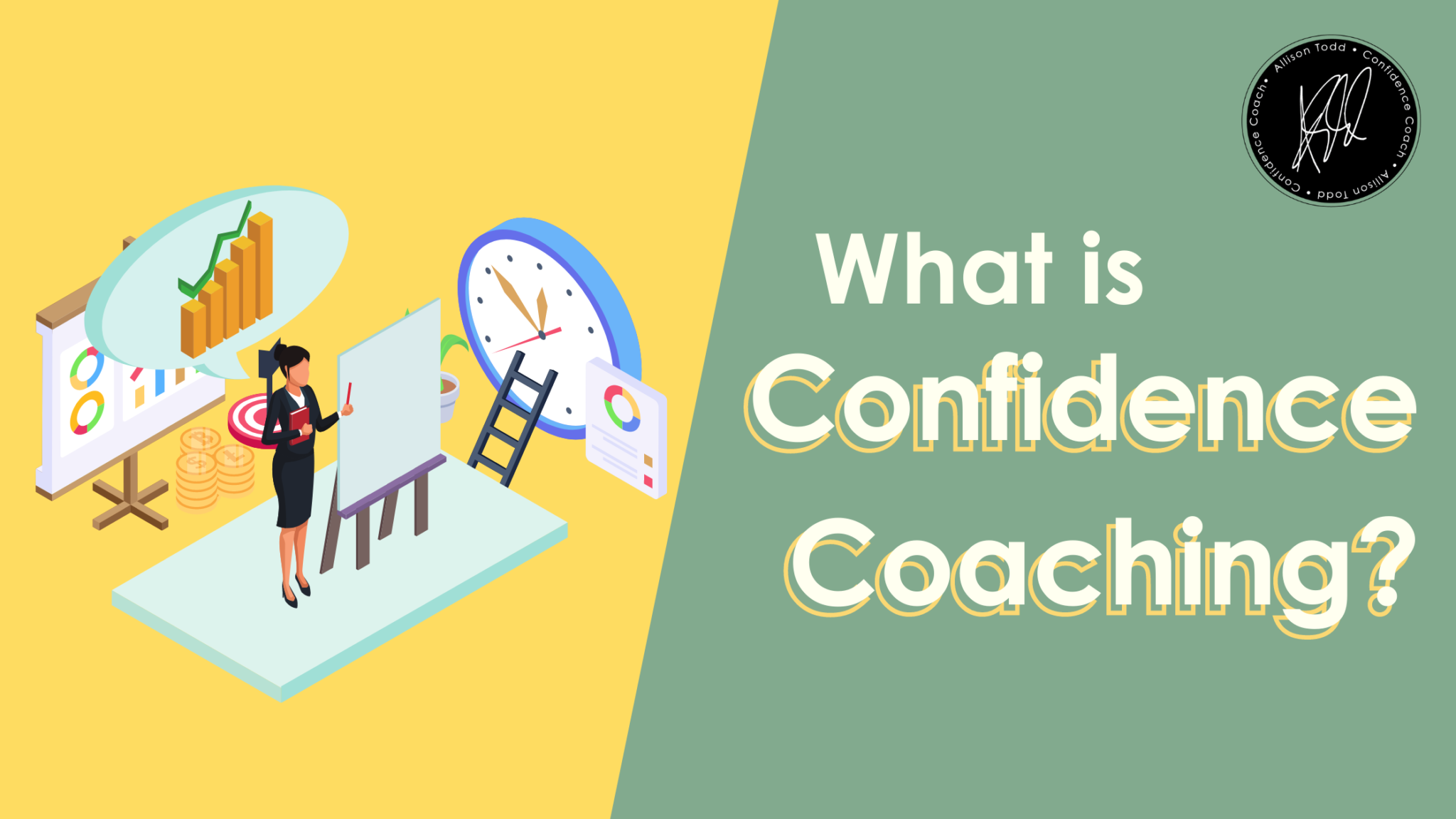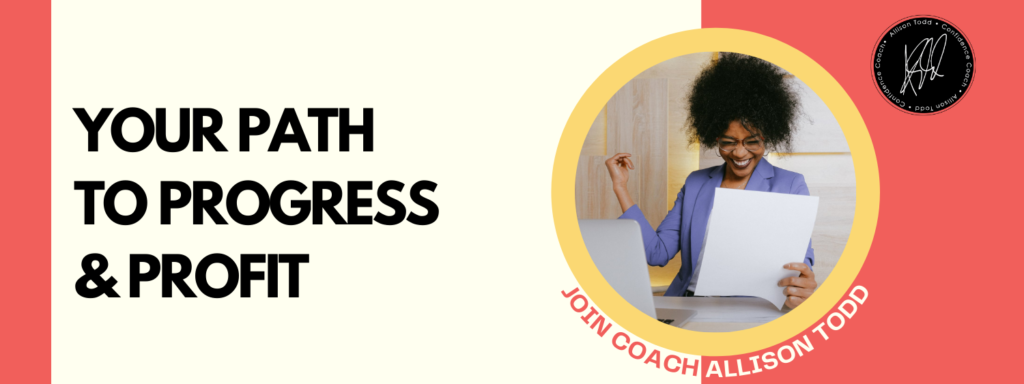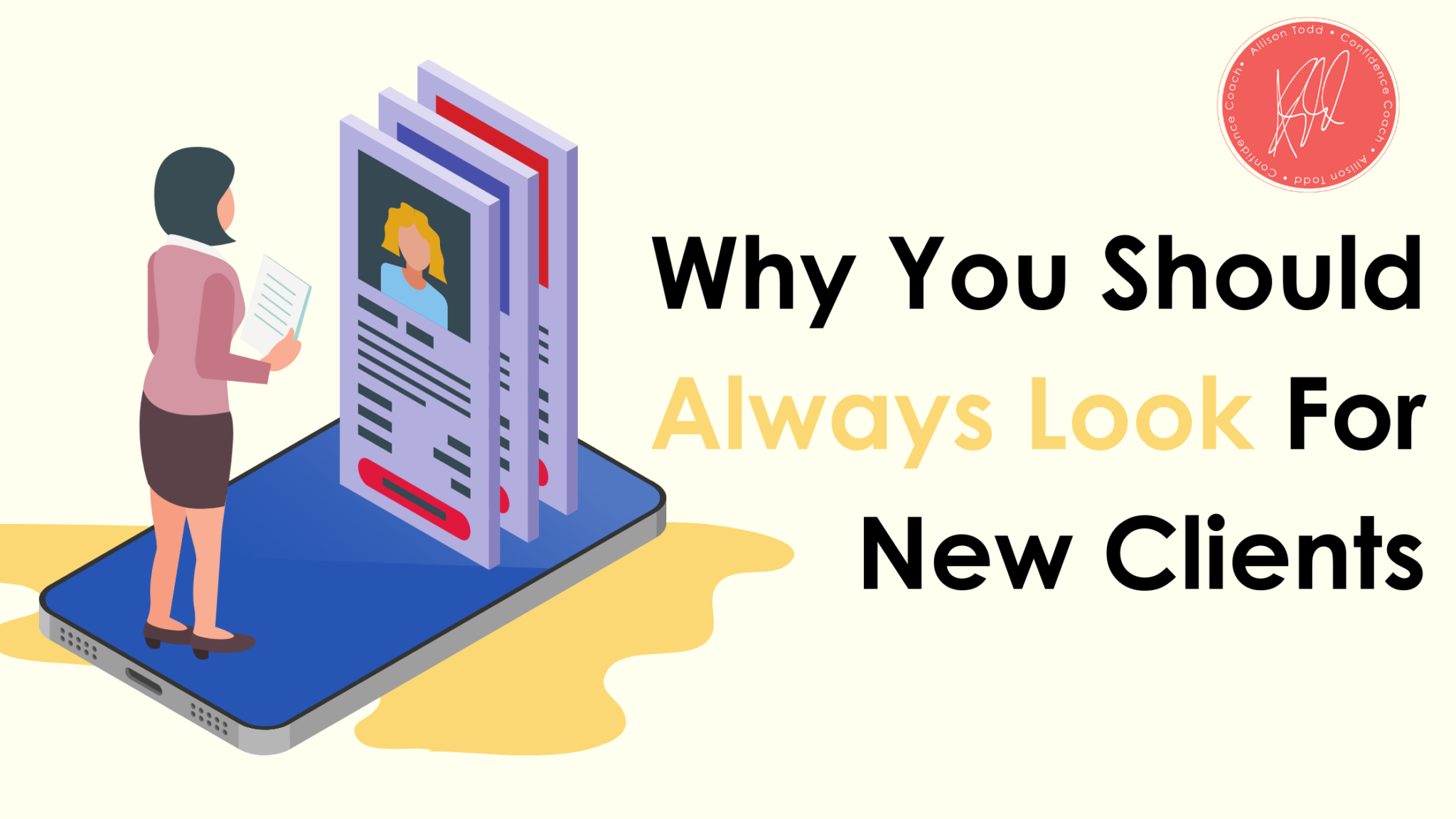With our always-on, always-available, fake-it-til-you-make-it hustle culture, there’s glory in being the workaholic, the go-getter, the workhorse.
We’ve normalized hustle culture, made it so that if you’re not always rushing, busy, and stressed, you’re not trying hard enough. Always go the extra mile.
Answer an email late in the evening? Sure! Put in extra hours on the weekend? No worries, you didn’t have plans anyway.
That’s not glory. That’s a fast-track to burnout and toxic productivity.
Being stressed and overworked is a toxic mindset skewed positive to keep you pushing harder and harder. But once you recognize it, you can prioritize self-love and break the toxic cycle.
What Is Toxic Productivity?
In recent years, our culture has been about the hustle and the grind. The “first-in, last-out” type is the one who gets the promotion.
The shift to hybrid and remote work only worsened this mindset. The boundaries between our work lives and our personal lives blurred more and more. Our phones and laptops are always on, we’re always available – and expected to be.
It’s difficult to turn the notifications off, especially with no physical separation between work and home. Our home office, couch, recliner, or even our beds may have become the new workspace, so of course we can’t just turn our work minds off.
With no rest, no downtime, and no boundaries, we can’t enjoy our free time or focus on self-care and self-reflection. We may prioritize a project over date night, our child’s sports game or recital, or our own sleep.
Productivity is important, for sure, but it can be detrimental if it consumes our lives. If we think work is more important than anything else, to the point that we can’t relax and enjoy our families, hobbies, or time relaxing on our own, that’s when productivity builds to burnout.
Balance, rest, and self-love are vital to true productivity. If you’re running on fumes or struggling with concentration and focus, are you truly productive? Is the work you’re doing the best quality it can be?
Probably not. You can’t pour from an empty cup.
My Struggle with Toxic Productivity
“Love what you do, and you’ll never work a day in your life.”
We’ve all heard some variation on this quote, implying that if you’re passionate about what you do, it’ll never feel like work. You can’t get overworked, stressed, or burned out doing what you love, right? Wrong!
I was nearly claimed by my own toxic productivity. I worked all the time. It was easier to be productive.
Then COVID-19 hit. The lockdowns, stillness, and the claustrophobia of the pandemic made me feel like I had to move faster, produce twice as much, and push toward my ultimate goal.
I was buried in toxic productivity without realizing it – only to be buried by the bad news avalanche.
It was time to reconnect and recharge, focus a little on me. Time for a reset.
How to Overcome Toxic Productivity
The most important tool for overcoming toxic productivity is knowing how to recognize it.
Are you always focused on work – always checking email, even during time with your family or friends?
Are you checking or answering communications during off-hours, such as nights and weekends?
Are you measuring your self-worth through your work? Is excelling at your job or career the most important thing to you?
Are you missing out on quality time with your family, friends, pets, or hobbies in order to work?
Are you using work as a way to escape difficult life situations, such as a significant death or conflict with your partner?
If you answered “yes” to any of these, you may be struggling with toxic productivity.
Fortunately, you can break the cycle of overworking.
Take an Extended Recess from Work Responsibilities
If you’ve been going and going, it’s time to take a break. Taking time away from work responsibilities to focus on fun and passions is important at any time, but it’s even more important after the tumult of the past two years.
We experienced a collective trauma together during the COVID-19 pandemic. It’s time to take a moment to breathe, reflect, and shift the focus back to yourself for a bit.
Spend time recharging and reconnecting. Feed your soul, reflect, and reset. Rediscover a lost hobby, or take up a new one.
Go for a walk or a drive with no destination in mind. Lie in the grass and watch the clouds. Do the least productive things you can think of to give your mind and body a rest.
However you choose to spend your time, it’s important that it’s about what you want, not the professional you, but the personal you – the multifaceted you. Close your laptop, turn off your phone, and just enjoy.
Over time, you’ll get used to unplugging and enjoy some much-needed time for yourself.
Prioritize Work-Life Balance
Even if you work from home, you need clear boundaries between work time and private time. You can set a work schedule for yourself, much like office hours, or designate time slots when you can be productive that work around your family’s schedule.
Whichever you choose, it’s important to stick to your schedule. Adjust as needed but be disciplined in your work time and your personal time.
During your personal time, do the things you enjoy. Practice your hobby, spend time with family, cook yourself a meal, watch your favorite television show, meditate, or do whatever makes you happy. When you return to work, you’ll be refreshed and ready to go.
Create a Self-Love Box
We all need reminders to develop healthy habits, and the self-love box is just that. Having a self-love box on hand can reinforce the message and give you tools to prioritize you.
Drawing from my experience as a confidence and business coach, I put together a self-love box that has all the tools and resources you need to love you greater! I’m always telling clients to create flashcards for their niche, and now I’ve taken that idea 10 steps further to build the ultimate toolkit to end your toxic productivity.
End the Toxic Cycle with Self-Love
Toxic productivity can sneak up on you, but when you know what to look for, you can promote better work-life balance and unplug to unleash your true productivity.
Are you struggling with your career or business? Let’s chat! Schedule a discovery call with me!












